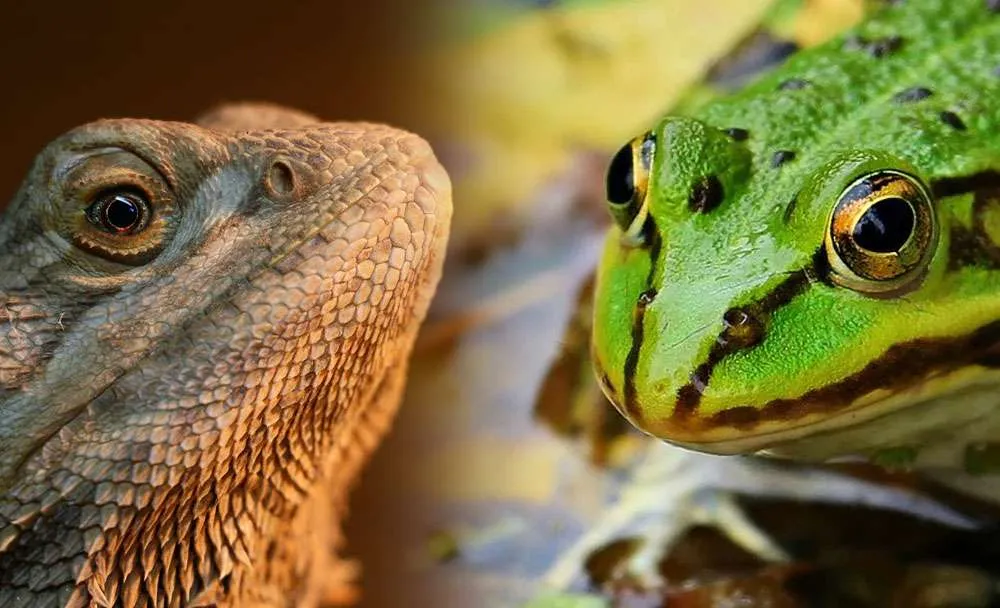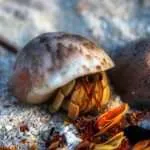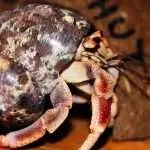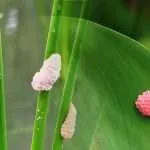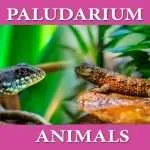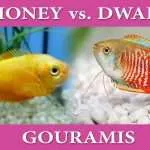Bearded Dragons are omnivores that feed on various foods, mainly fruits, proteins, and vegetables, and having them eat frogs can be poisonous.
If you own a Bearded Dragon, ensure they’re well-fed with the right foods.
There are other foods not to give them because they’re poisonous to the Bearded Dragon.
Are frogs poisonous to Bearded Dragons?
The answer is YES because frogs excrete poisonous toxins, and parasites are harmful to your bearded dragon and, possibly, even kill it.
Beyond the toxins, you should also note that frogs pose an impaction risk to your bearded dragon because of their size.
Bearded Dragons should only be fed food that can easily pass through their digestive system. Frogs are too big and can block it off.
Wild frogs eat all kinds of things, many of them poisonous, and introducing your Bearded Dragons to them is more or less bringing in parasites and poisons to their domain.
Can a Bearded Dragon live with a Frog?

Be advised not to pair a Bearded Dragon with a Frog or a Toad.
As mentioned above, the frog can be poisonous to the Bearded Dragon, and the Bearded Dragon won’t know this and may try to eat the frog.
I recommend you separate them to avoid losing your Bearded Dragon.
Signs that Bearded Dragon has ingested Poison
There are many ways to know if your bearded dragon is poisoned or in distress.
Dehydration, poor habitat conditions, lack of food, and other factors can cause distress for your Bearded Dragon.
We will focus more on food poisoning and the main things to look out for if you suspect your Bearded Dragon has ingested something poisonous.
Here are signs your Bearded Dragon may have ingested a poisonous substance.
Bearded Dragon feeling Lethargy
If your Bearded Dragons stop being engaged and look withdrawn and lethargic, they may be poisoned or ill.
A bearded dragon should be active, even if they are not the fastest of animals.
If you notice your Bearded Dragon is inactive and withdrawn, you should see a vet as soon as possible.
Vomiting.
Like humans, vomiting in Bearded Dragons is a sign something is wrong.
While it can be due to overfeeding, digestive issues, and Salmonellosis, it can also be due to poisoning.
The Bearded Dragon’s immune system is probably finding a way to get rid of the poison.
Seizures.
If your Bearded Dragon has ingested something poisonous, it can lead to seizures.
At this stage, administering a dose of Activated Charcoal may be too late, as the poison has entered the bloodstream and found its way to the brain.
Call the vet immediately if you find your Bearded Dragon having a seizure.
Generally, when it comes to possible poison, it isn’t advisable to wait and try to see it out.
Take your Bearded Dragon immediately to the vet if you suspect a case of poisoning.
Flopping around and twitching are other signs your Bearded Dragon has ingested something poisonous. Please watch out for these.
Using Activated Charcoal as First Aid.
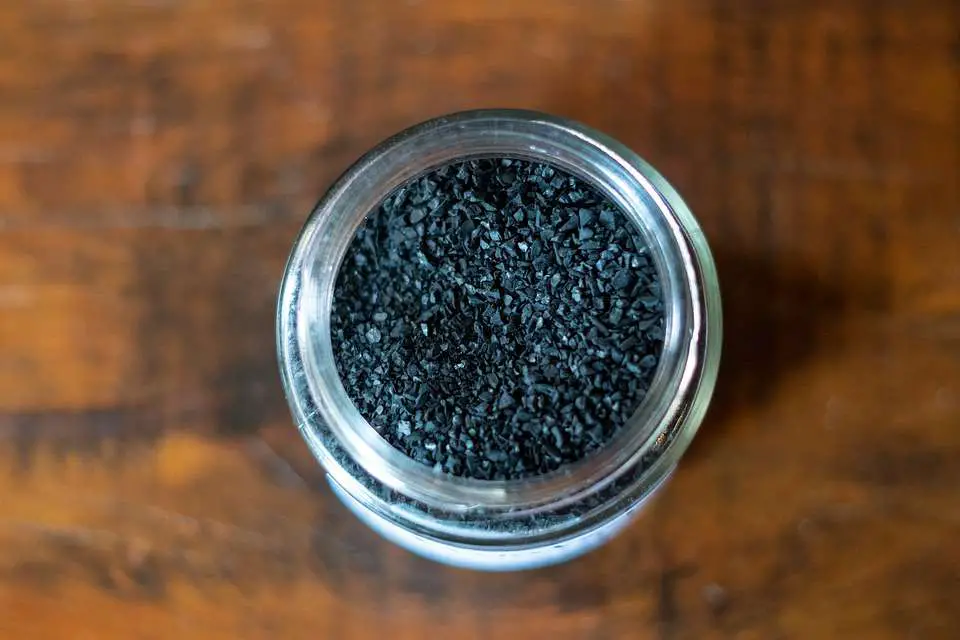
The Activated Charcoal is a Charcoal processed with oxygen at high temperatures to make it more absorbent.
The absorbing characteristics allow it to attract and bind to poisons, toxins, and gases.
When ingested, the Activated Charcoal traps the poison in the guts and stops it from penetrating the bloodstream.
This powder is sold as nutritional supplements to help eliminate poisons and toxins ingested by the Bearded Dragon through the stool.
The activated charcoal is a good supplement for you to have, just in case your Bearded Dragon or other pets ingest something poisonous.
If you suspect your Bearded Dragon has ingested poison, you should quickly administer the activated charcoal as first aid and then call the vet.
How to Administer Activated Charcoal to Bearded Dragon
So how do you administer it? I advise you get the one that comes in liquid and with a syringe.
It also has a dosage written on the back.
If your Bearded Dragons weigh around 350g, you should administer 1.4cc to 2.8cc and increase based on the size of the Bearded Dragon.
Remember, it is the first aid and should not be the lasting solution. Take your Bearded Dragon to the vet immediately.
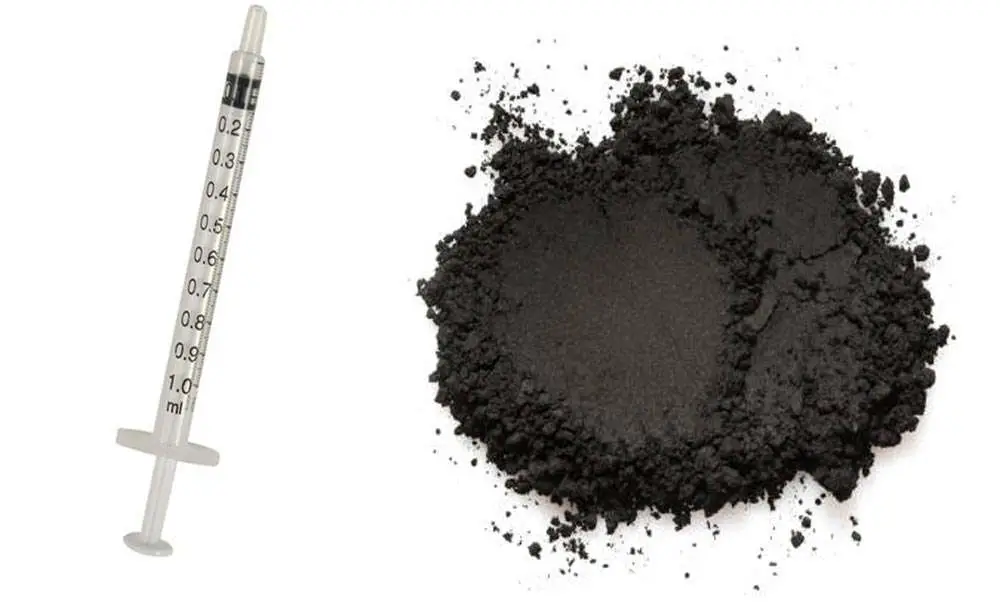
What to Feed Your Bearded Dragon
Bearded Dragons feed on proteins, fruits, and vegetables. You can also feed them live animals that are not poisonous to them.
Examples of live food to give them are super worms, mealworms, dubia roaches, cockroaches, king worms, and butter worms.
Vegetables to feed them include parsley, kale, sweet potatoes, bell peppers, cabbage, celery, and green beans.
Feeding an adult Bearded Dragon is different from a young Bearded Dragon.
How to Feed Your Bearded Dragon
You need to feed a baby Bearded Dragon more frequently, while an adult Bearded Dragon doesn’t require frequent feeding.
Feed your baby Bearded Dragon three times a day for 10-15 minutes.
Their diet should contain no more than 25 percent vegetables, and the rest should be insects.
Feed them only what they can eat in that 10–15-minute period, and remove any insects not eaten.
You can leave them fresh vegetables and fruits for them to nibble.
I recommend balancing the diet for the adult bearded dragons with 50 percent vegetables and 50 percent insects.
Feed them once a day for 10-15 minutes, and remove any leftovers in their cage.
Always leave them with fresh vegetables and fruits.
Other Foods that are Poisonous to Bearded Dragon.
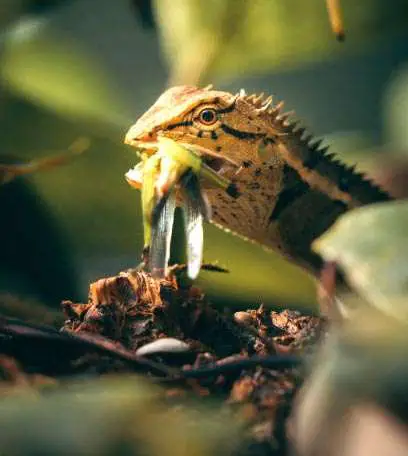
As I have said, frogs are poisonous to your Bearded Dragons.
However, frogs are not the only poisonous food to feed your pet Bearded Dragons.
Below are other foods to avoid feeding your Bearded Dragon:
Rhubarb:
Feeding your Bearded Dragon Rhubarb is dangerous because they contain toxins and are harmful to the Bearded Dragon.
Oranges:
Avoid feeding your Bearded Dragon oranges as they are highly acidic and can make your Bearded Dragon sick.
Avocados:
Another food to avoid feeding your Bearded Dragon is the Avocado. It contains Oxalic acid that can cause calcium deficiency and bone disease.
I’m sure you now know that frogs are poisonous to your Bearded Dragon and should not be anywhere near your Beardie.
There are more healthy, nutritious foods you can give your Bearded Dragon apart from the frog.

